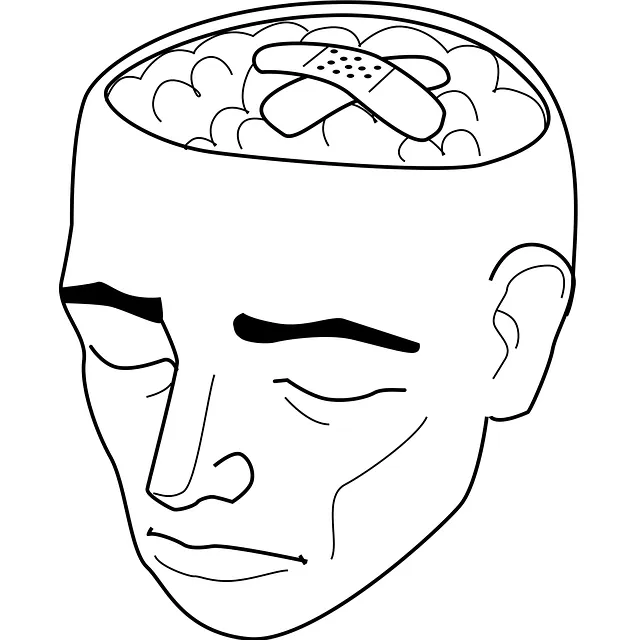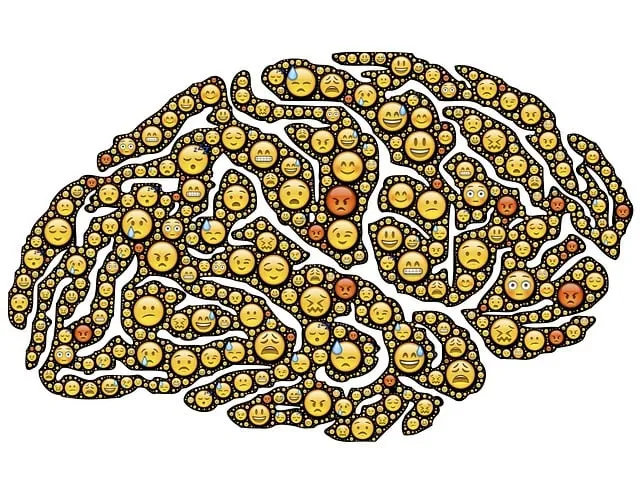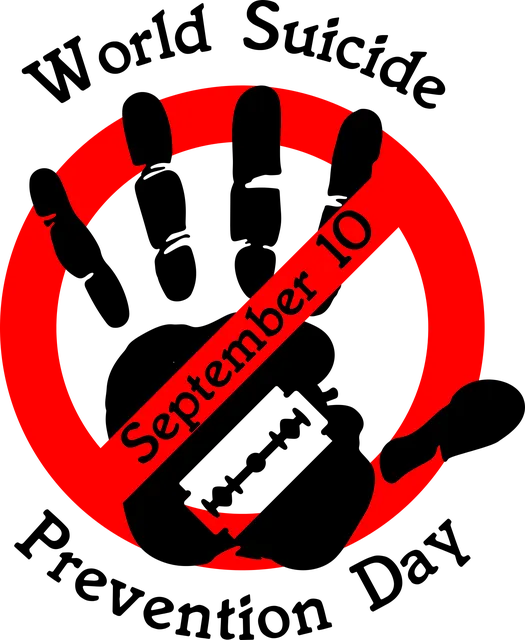The Longmont Kaiser Permanente Mental Health Access Center focuses on risk management and harm minimization as key components of its patient-centric care model. Through detailed assessments, tailored strategies, crisis intervention protocols, and workshops like "Stress Management Workshops" teaching Mind Over Matter, the center empowers individuals with resilience-building tools. Open communication, easy access to resources, and a culture of empathy create a supportive ecosystem for growth and recovery. Continuous improvement drives refining risk management strategies, while the Mental Wellness Podcast Series educates the community on mental health management.
At Longmont Kaiser Permanente’s mental health access center, risk assessment and harm minimization planning are cornerstones of safe and effective care. This article delves into these essential practices, providing a comprehensive guide for healthcare professionals. We explore how understanding risk assessment creates a foundation for robust mental health practices. Furthermore, we detail harm minimization strategies to cultivate a supportive environment. Finally, we emphasize the importance of continuous improvement in implementing these measures for optimal patient outcomes at the access center.
- Understanding Risk Assessment: A Foundation for Safe Mental Health Practices at Longmont Kaiser Permanente
- Harm Minimization Planning: Strategies to Foster a Supportive Environment
- Implementation and Continuous Improvement: Ensuring Effective Risk Management at the Access Center
Understanding Risk Assessment: A Foundation for Safe Mental Health Practices at Longmont Kaiser Permanente

At Longmont Kaiser Permanente’s Mental Health Access Center, understanding risk assessment forms the bedrock of safe and effective mental health practices. It involves a comprehensive evaluation of potential hazards and vulnerabilities within the therapeutic environment, enabling professionals to implement tailored strategies for harm minimization. By integrating emotional well-being promotion techniques into their routine, mental health experts can proactively mitigate risks and foster a supportive atmosphere conducive to recovery.
This center prioritizes risk management planning as a crucial component of its service delivery. It involves creating detailed protocols for identifying and addressing various risks, including those related to patient safety, ethical considerations, and crisis interventions. Such proactive measures ensure that mental health professionals are equipped with the necessary tools and guidance, especially in situations requiring urgent attention. This approach aligns with the center’s commitment to providing exceptional care while upholding the highest standards of practice in a dynamic healthcare landscape.
Harm Minimization Planning: Strategies to Foster a Supportive Environment

Harm Minimization Planning plays a pivotal role in fostering a supportive environment at institutions like the Longmont Kaiser Permanente Mental Health Access Center. By implementing proactive strategies, this approach aims to prevent and mitigate potential harms while promoting overall well-being. One key strategy involves organizing Stress Management Workshops that educate individuals on Mind Over Matter Principles, empowering them with tools for resilience building. These workshops create safe spaces where participants can learn healthy coping mechanisms, reducing the impact of stressors and enhancing their ability to navigate challenging situations.
Additionally, the center encourages open communication channels, ensures easy access to mental health resources, and promotes a culture of empathy and understanding. Such initiatives contribute to a supportive ecosystem that not only minimizes harm but also fosters growth and recovery for individuals seeking mental health support at Longmont Kaiser Permanente.
Implementation and Continuous Improvement: Ensuring Effective Risk Management at the Access Center

At the Longmont Kaiser Permanente mental health access center, effective risk management is continually refined through implementation and continuous improvement strategies. This proactive approach ensures that the center remains a safe haven for individuals seeking support for their mental wellness. By fostering an environment where self-awareness exercises are encouraged, staff members are trained to identify potential risks and promptly address them.
Regular reviews of existing protocols and integration of feedback from both clients and healthcare professionals drive this continuous improvement process. Additionally, the center leverages the Mental Wellness Podcast Series Production as a tool to educate the community on various aspects of mental health management. Promoting self-care routine development further strengthens the holistic approach to harm minimization, reflecting the center’s commitment to enhancing mental health outcomes in Longmont.
Risk assessment and harm minimization planning are essential components for maintaining safe and supportive environments, particularly at the Longmont Kaiser Permanente mental health access center. By understanding the nuances of risk assessment and implementing strategic harm minimization plans, the center can effectively manage potential risks and enhance patient care. Continuous improvement through regular reviews ensures that practices remain evidence-based and tailored to the unique needs of the Longmont Kaiser Permanente community.






